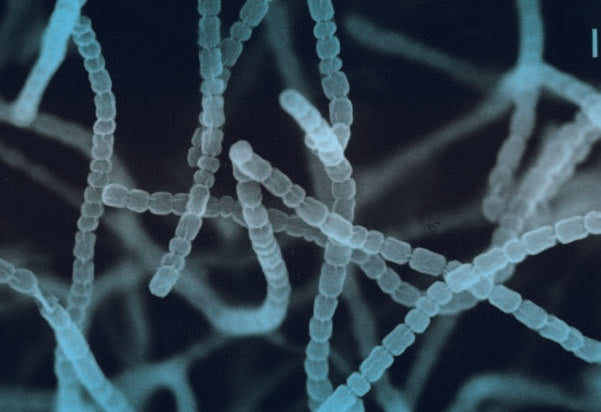
Welcome to another insightful journey into the world of gut microbiota! Today, we focus on two significant players: Proteobacteria and Actinobacteria. These bacterial phyla, though less abundant than Firmicutes and Bacteroidetes, have critical roles in our gut ecosystem.
Proteobacteria: The Double-Edged Sword
Proteobacteria are interesting because of their dual nature. In a healthy gut, they are relatively low in abundance. However, an increase in their levels is often linked to a diseased state, marking them as potential indicators of gut dysbiosis. This increase is connected to various conditions, including inflammation and gastrointestinal diseases.
Impact on Metabolism and Health
- Protein Metabolism: Proteobacteria are involved in the metabolism of proteins in the gut. However, their overgrowth can lead to the production of toxic metabolites, potentially harmful to our health.
- Inflammatory Processes: Certain species within this phylum are known to influence inflammation in the gut, contributing to conditions like inflammatory bowel disease.
Actinobacteria: The Beneficial Balancers
Actinobacteria, on the other hand, are generally considered beneficial for gut health. They include well-known genera like Bifidobacterium, which are vital for maintaining a healthy gut microbiome.
Roles and Benefits
- Carbohydrate Metabolism: Actinobacteria play a key role in the fermentation of dietary fibers, aiding in the production of short-chain fatty acids (SCFAs) which are crucial for gut health.
- Immune System Modulation: These bacteria are involved in modulating the immune system, helping to maintain a balance between immune response and tolerance.
Both Proteobacteria and Actinobacteria, though differing in their roles and impacts, are essential components of the gut microbiome. Their balance is crucial for maintaining gut health, influencing everything from metabolism to immune function. Understanding their roles further underscores the importance of a balanced and diverse gut microbiota for overall well-being.
